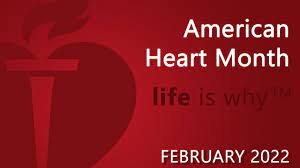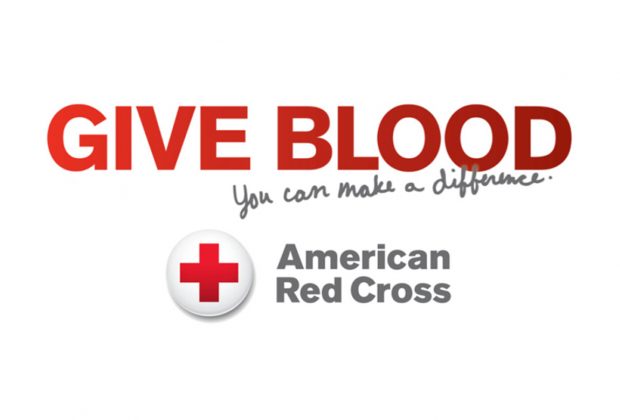Coping with Stress
April is Stress Awareness Month, brought to us by the American Counseling Association (ACA). To celebrate, try these creative ways to reduce stress.
- Paint, craft, and be artistic. Being creative can produce Serotonin which can help to reduce stress.
- Chew gum. Chewing gum may reduce cortisol levels and alleviate stress.
- Get your hug on. Hugs may help to reduce blood pressure, and stress in adults.
- Breathe deeply. The act of focusing on a simple process like breathing may help to reduce stress and anxiety.
- Get your heart rate up – in a good way! Exercise can cause an endorphin release that can dramatically reduce stress.
- Laughter help you reduce stress and increase your energy levels.
- Get a massage. Massage can help you to reduce stress.
- Play some tunes. Music can help you to relax and reduce stress.
- Write, keep a journal. Journaling has meditative qualities.
- Join your pet in some good animal-bonding time.
Visit National Wellness Institute to learn more ways to reduce stress or visit Behavioral Health Systems and enter the Employer ID: crown for a full list of stress resources.
Take Charge. Live Well







